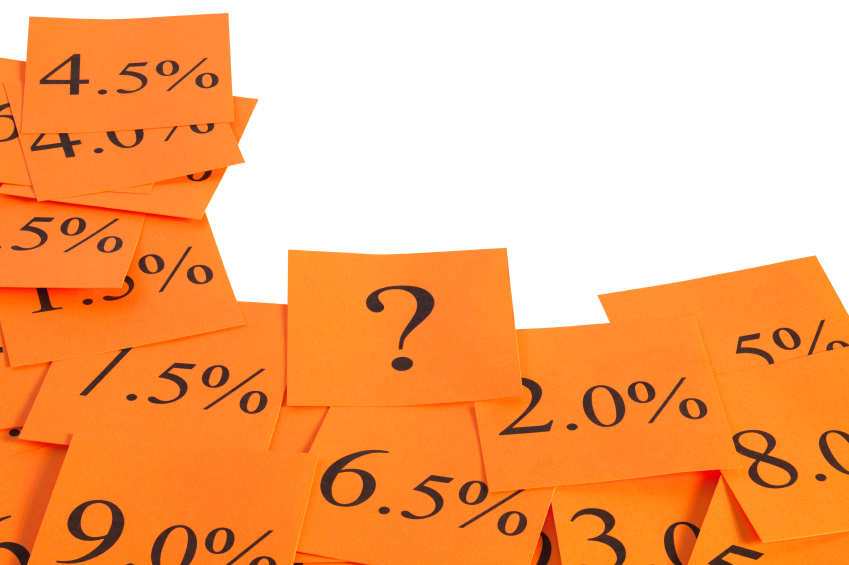Home » Uncategorised »
Rising Interest Rates and the Housing Market
This article is an external press release originally published on the Landlord News website, which has now been migrated to the Just Landlords blog.

The Bank of England (BoE) Governor, Mark Carney, has suggested that interest rates will rise around the start of next year.
Carney has implied in the past that this could happen, and it hasn’t. So can we be sure that it will happen now?
The Guardian is prepared for the worst. It sees the housing market collapsing and, apparently, “it is estate agents who have most to fear.”
The newspaper believes that confidence will be most affected.
It also expects lenders to start re-pricing their mortgages “almost immediately” and not wait until the base rate increases.
It says that one third of borrowers will struggle if interest rates rise, consumer spending will drop and there will be a surge in repossessions.
The Guardian would have everyone believe that they need to act quickly, but one mortgage broker says that borrowers and agents do not have to be so worried.
Simon Tyler thinks that rates may not increase for all borrowers, even if the base rate does rise.
He says: “If we see a rate rise next year, those on tracker loans will be hit straightaway, but many other people may not be affected – at least initially.
“Competition in the mortgage sector is so intense, with so many new entrants vying for market share, that we may find that the first rate rise is hardly passed on at all by many lenders.
“Remember, most lenders’ standard variable rates [SVRs] are already at over 4%, which is miles above the level of the base rate at just 0.5%.
“So we may not see much movement at all, even after a rate rise.”
It is the long-term that Tyler is not so optimistic about: “However, if a rate hike is passed on it is going to hurt. Household debt is so high, with so many people stretching to repay their mortgages and other credit, that any rate hike is going to be very painful and have a disproportionate impact.
“Remember, wages have barely been rising for years but many people have stretched to get on the housing ladder, often only with the aid of Government assistance. These people may find a rate hike hard to cope with.”
He continues: “House prices are unlikely to be hit very hard given that demand is still so high, but it could dampen the market a little and slow price growth in some areas.
“First time buyers may find some areas where prices drop back a little, which will help them, but at the same time they are likely to find that higher rates mean they won’t qualify for the mortgage that they want.
“As rates begin to rise, you could even see a rush of people coming to buy because they fear they will miss the boat if rates increase too far and that could even push house prices up in the short-term.”
Tyler evaluates the situation: “In short, raising rates will have to be a very delicate process in order not to derail the economic recovery, which is actually paper thin.
“If they rise too fast too soon, it will take away the feel good effect that people are starting to get with rising wages and push the economy backwards. Business borrowing could be hit and that would hit employment.
“The fact is that any big increase in rates is still some years away and competition among lenders should ensure that there are fantastic value deals still around for several years from now.”1
But Carney has said that any rate rises will be “limited and gradual” and “proceed slowly” to a “level in the medium term that is perhaps half as high as historic averages.”1
1 http://www.propertyindustryeye.com/what-will-rates-rise-mean-for-housing-market/





